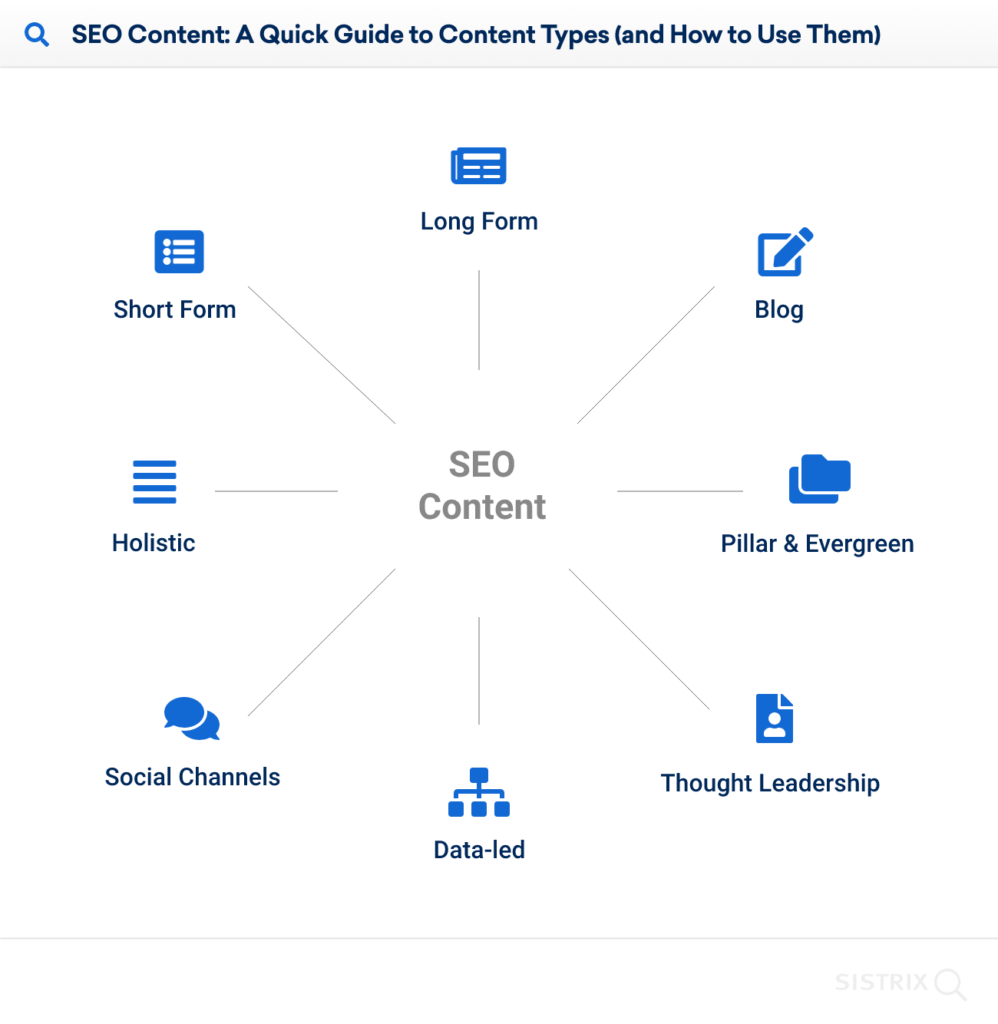Unlocking the Power of AI SEO Content Writing: Guide Boosting Rankings

The world of digital marketing has evolved significantly over the years, and search engine optimization (SEO) has become an integral part of the process. With businesses competing to rank higher on search engine result pages (SERPs), creating high-quality content that appeals to both users and search engines has become more important than ever.
Fortunately, advancements in technology have made it easier to produce SEO-friendly content that resonates with audiences. One such technology is artificial intelligence (AI), which is rapidly transforming the way we approach SEO content creation.
In this article, we’ll explore how businesses can leverage AI to create SEO-friendly content that drives traffic and conversions.

What is AI SEO Content Writing?
AI SEO content writing refers to the use of artificial intelligence to create content that is optimized for search engines. AI SEO writer tools and software can analyze search data, identify relevant keywords, and generate content that aligns with user search intent. The result is content that not only ranks higher on search engines but also engages audiences and drives conversions.
Benefits of AI SEO Content Writing
1. Saves time and effort
Creating SEO-friendly content can be a time-consuming and challenging task. With AI SEO writer tools, businesses can significantly reduce the time and effort required to produce high-quality content. AI algorithms can analyze large amounts of data, identify trends, and generate content ideas within minutes, saving businesses time and resources.
2. Improves keyword research
Keyword research is a crucial aspect of SEO content creation. With AI SEO writer tools, businesses can conduct in-depth keyword research, identifying relevant keywords that are likely to drive traffic and conversions. AI algorithms can analyze search data and identify long-tail keywords that businesses may not have considered, helping them target niche audiences and improve their search rankings.
3. Enhances content quality
AI algorithms can analyze user behavior and search data to determine the type of content that resonates with audiences. By leveraging AI, businesses can create content that is tailored to their audience’s preferences, increasing engagement and driving conversions. Additionally, AI SEO writer tools can analyze content for grammar, spelling, and readability, ensuring that the content is high-quality and error-free.
4. Increases traffic and conversions
SEO-friendly content that ranks higher on search engines can drive traffic and conversions to a business’s website. By leveraging AI SEO content writing, businesses can create content that targets the right keywords, resonates with their audience, and drives traffic and conversions.
Types of SEO Content

SEO content comes in different forms and formats, each serving a specific purpose in the overall content strategy of a business. Here are some of the most common types of SEO content:
1. Blog posts
Blog posts are one of the most common types of SEO content. They are typically informative articles that cover a specific topic related to the industry or niche of the business. Blog posts can be short or long-form and are often used to educate and engage the audience. They also provide an opportunity to include keywords and internal links, which can help improve search rankings. You can find the best AI SEO software online to create high-quality blog posts.
2. Infographics
Infographics are visual representations of information that are designed to be easy to understand and share. They can be used to convey complex data or statistics in a simple and visually appealing way. Infographics are highly shareable and can help increase brand awareness and drive traffic to a website.
3. Videos
Videos are a highly engaging form of content that can be used to showcase products or services, provide tutorials, or offer insights into the industry. Videos can be embedded on a website or shared on social media, and they can help increase engagement and drive traffic.
4. Case studies
Case studies are in-depth examinations of a specific project or customer experience. They provide potential customers with valuable insights into how a business operates and can help establish credibility and trust. Case studies can also include relevant keywords and internal links, which can help improve search rankings.
6. Whitepapers
Whitepapers are authoritative reports that provide in-depth information about a specific topic or issue. They are typically used to establish thought leadership and provide valuable insights to potential customers. Whitepapers can help increase brand awareness and establish credibility in the industry.
7. E-books
E-books are longer-form content pieces that provide in-depth information about a specific topic or issue. They are typically used as lead magnets, offering valuable information in exchange for contact information. E-books can help increase brand awareness and generate leads for a business.
8. Landing pages
Landing pages are standalone web pages that are designed to convert visitors into leads or customers. They are typically used to promote a specific product or service and include a call-to-action (CTA) that encourages visitors to take a specific action, such as filling out a form or making a purchase. Landing pages can be optimized for specific keywords and can help improve search rankings and increase conversions.
SEO content comes in various forms and formats, each with its own unique purpose and benefits. By incorporating a variety of content types into your content strategy, you can engage your audience, increase brand awareness, and improve search rankings.
Best AI SEO Software
1. SEMrush

SEMrush is a comprehensive SEO tool that includes AI-powered features to help businesses improve their search rankings. It offers keyword research, competitor analysis, site auditing, backlink analysis, and content optimization features. SEMrush’s Content Marketing Platform includes an AI-powered SEO writing assistant that can help businesses create optimized content.
2. Ahrefs
Ahrefs is another popular SEO tool that includes AI-powered features. It offers keyword research, site auditing, content optimization and backlink analysis features. Ahrefs’ Content Explorer includes an AI-powered feature that can help businesses find popular content in their industry, which can be used to create optimized content.
3. Moz
Moz is a popular SEO tool that includes AI-powered features to help businesses improve their search rankings. It offers various features like competitor analysis, keyword research, content optimization and more. Moz’s On-Page Grader includes an AI-powered feature that can help businesses optimize their content for search engines.
AI SEO content writing has become a powerful tool for businesses looking to improve their search rankings and drive more traffic to their websites. With the help of the best AI SEO software, businesses can conduct keyword research, analyze competitors, optimize their content, and track their progress with ease. By leveraging these tools and technologies, businesses can gain a competitive advantage in the digital landscape, and effectively reach their target audience with optimized and engaging content. However, it is important to note that AI should not be seen as a replacement for human creativity and expertise, but rather as a tool to enhance it. With the right combination of human and machine intelligence, you can create content that not only appeals to search engines but also resonates with your target audience.
Introducing Peppertype.ai
Peppertype.ai is an innovative solution that enables businesses to streamline their content creation process.
It utilizes AI and advanced machine learning to understand your brand and target audience and generate original content for you in over 25 languages. The platform’s AI engine has been trained with over 100K+ of content to understand what would work best for your audience, ensuring that you create engaging and persuasive content on your own.
The platform provides templates for marketing ideas, blog strategy, ad copies, brand taglines, social post suggestions, Quora answers, and product descriptions.
Peppertype.ai by Pepper Content can leverage the AI-powered platform to ideate, create, distribute, and measure your content and prove your content marketing ROI. In fact, it has a proven track record of reducing costs by 62%, increasing lead generation by 54%, and growing conversion by 30%. Try it now!
FAQs
No, AI-powered SEO tools cannot completely replace human content writers. While these tools can assist in conducting keyword research and optimizing content for search engines, they cannot replicate the creativity and intuition of a human writer. Therefore, it is important to use AI-powered tools as a supplement to human expertise and creativity, rather than a replacement for it.
While AI-powered SEO tools can assist in creating optimized content, it is important to ensure that the content is engaging for the target audience. This can be achieved by conducting audience research and understanding their preferences, interests, and pain points. By creating content that resonates with the target audience, businesses can not only improve their search rankings but also build a loyal following and drive conversions.
The use of AI-powered SEO content writing raises ethical concerns related to the potential for biased or misleading content. For example, if an AI-powered tool is trained on biased data, it may create content that perpetuates these biases. Therefore, businesses need to ensure that their AI-powered tools are trained on unbiased data and regularly audited for bias. Additionally, businesses should ensure that their AI-powered content is transparent about the use of AI and does not mislead or deceive their target audience.
Latest Blogs
Learn how to rank on AI search engines like ChatGPT, Perplexity, and Gemini by optimizing your content for authority, structure, and relevance. Stay ahead in AI-driven search with this strategic guide.
Explore the best healthcare SEO services for your medical practice. Improve online visibility and effectively reach more patients in need of your services.
Discover top social media agencies specializing in banking solutions, enhancing financial services and driving engagement.